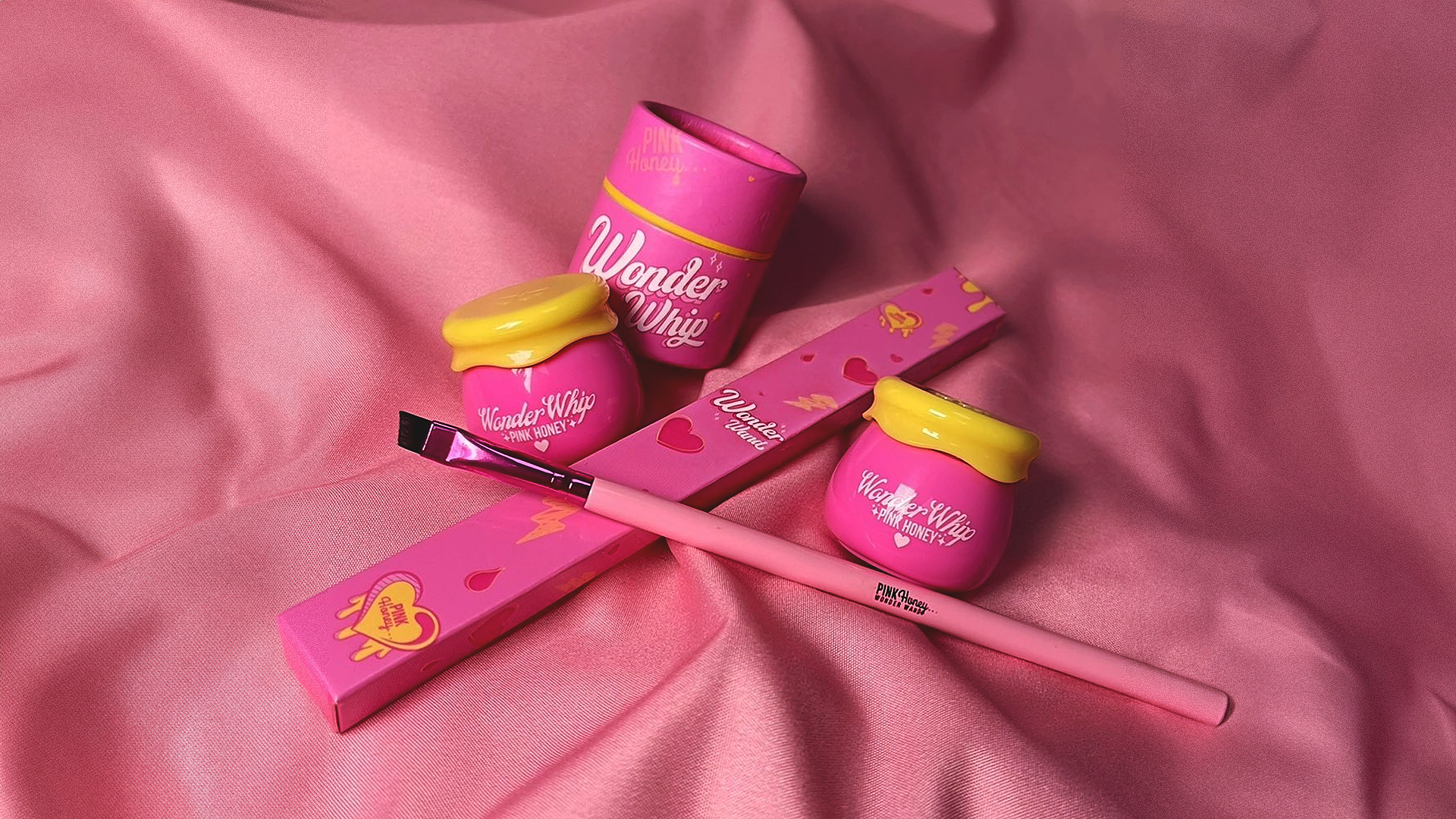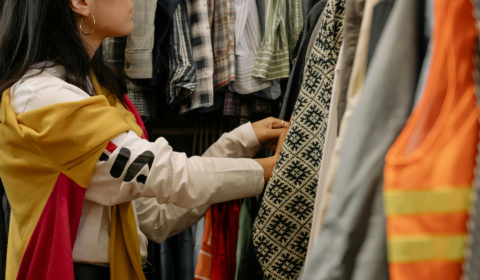UK beauty brand Pink Honey has come under fire for a recent influencer trip. The backlash proves consumers won’t stand for vapid marketing.
Brand controversies seem to be on the rise. Everywhere you look – particularly on social media – a company is facing ridicule for short-sighted campaigns or shallow marketing tactics.
But the increase in backlash isn’t necessarily a sign that brands are growing lazier, rather that consumers are demanding more from their purchases.
Nowadays, brands can’t just rely on good products and prices to capture the hearts (and wallets) of new customers. They need to create a community and identity that people can sincerely align themselves with.
The most recent controversy to prove this theory has surrounded UK beauty brand Pink Honey, a female-founded, TikTok-famous makeup company that specialises in vibrant packaging and food-themed products.
The brand received widespread backlash after images and videos were shared from a recent Pink Honey influencer trip. The high-budget ‘staycation’ involved 15-20 beauty influencers from across the country, who were taken to a luxury hotel and showered with branded gifting, food, and drinks.
These kinds of events are common nowadays, as influencer marketing takes centre stage for a lot of brands. But Pink Honey’s event drew criticism after footage showed all of the individuals invited were white women.
TikTok users – arguably Pink Honey’s biggest consumer demographic – were quick to call out the brand for the lack of diversity.
‘This entire fiasco has really opened my eyes to how much unconscious bias white people still have,’ one person commented.
Others stated they would never purchase from the brand again, while some suggested the reaction was too extreme, calling for a kinder constructive response (pointing out that Pink Honey’s founder is currently heavily pregnant).
But despite the unprecedented response to the incident, Pink Honey’s lack of foresight points to a deeper issue of performative inclusivity.
Whether the un-diverse choice of guests was intentional or not (Pink Honey have responded to argue the latter), it’s the lack of consideration and awareness that has riled people up the most.
As many have argued, we shouldn’t have to be calling out brands to remind them why inclusivity is important.
‘All brands, all companies, need to be diverse’ said TikTok user Parissa. That is, fundamentally, the bottom line.
Pink Honey’s founder took to TikTok this week with a tearful response to the backlash. But it doesn’t seem to have had the desired effect.
The long and short of the ‘apology’ video is that there isn’t really an apology at all, rather a poorly worded explanation as to why the trip only included white, able-bodied, conventionally ‘beautiful’ women.
The brand argues that the reason for inviting these specific influencers was because of what they had ‘done for the [company’s] growth’. But users have been quick to point out the range of diverse individuals who have supported Pink Honey since its inception.




















